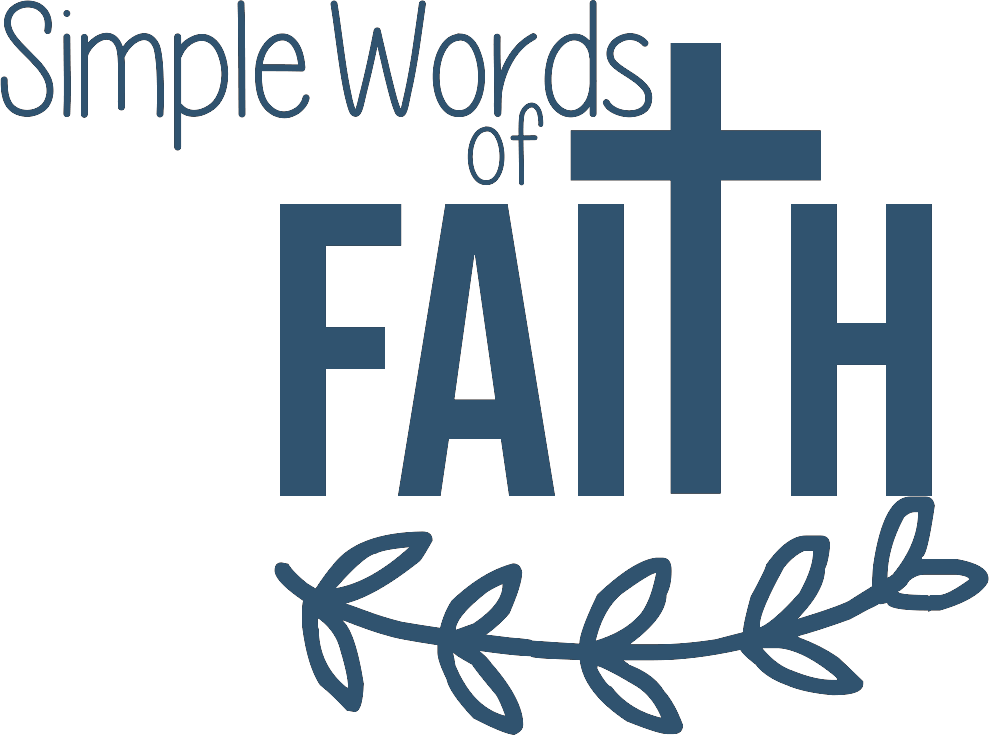Jan. 1, 2012
Jeremiah 31:31-34
“The days are coming,” declares the LORD, “when I will make a new covenant with the house of Israel and with the house of Judah. It will not be like the covenant I made with their ancestors when I took them by the hand to lead them out of Egypt, because they broke my covenant, though I was a husband tothem,” declares the LORD. “This is the covenant I will make with the house of Israel after that time,” declares the LORD. “I will put my law in their minds and write it on their hearts. I will be their God, and they will be my people. No longer will they teach their neighbors, or say to one another, ‘Know the LORD,’ because they will all know me, from the least of them to the greatest,” declares the LORD. “For I will forgive their wickedness and will remember their sins no more.”
A Methodist tradition started by John Wesley, the founder of Methodism, is the Covenant Renewal Service. Often celebrated on New Year’s Eve and called a Watch Night Service, or on New Year’s Day, this is a reflective opportunity which asks people to commit themselves to God.
In 1755, John Wesley was at a French church inLondonwith 1800 people in attendance. This congregation of Huguenot refugees whose ancestors had escapedFrancewere acutely aware that they had nothing on this earth to call their own, except the relationship they nurtured with God. During the service, many mourned and were comforted … it was a time of remarkable blessing.
From this, Wesley wrote a Covenant Prayer, which has become the heart of the Covenant Renewal Services. This service is used by Methodists around the world. InItaly, it is a joyful time with fellowship over food. InLiberia, dancing is a part of the tradition. The African-American community has always prized this service. It had special meaning in the days of slavery. In the South, at the end of the year, slave owners would count up their property and if necessary sell slaves to pay debts. Slaves did not always know on New Year’s Eve if they would stay together or be separated. New Year’s Eve was sometimes the last night a family of slaves remained united. The Covenant Prayer, re-read with that precipice in mind, is extremely powerful. Watch Night took on new significance during the Civil War. President Abraham Lincoln signed the Emancipation Proclamation; it was to take effect on January 1, 1863. Slaves sat up the night before, Freedom’s Eve, waiting for their freedom to arrive at midnight.
Within the Christian tradition, the covenant prayer of John Wesley is a response to the covenanting God who speaks and reveals himself above all in his word made flesh, the Christ of Christian faith.
On this New Year’s Day, I pray that you will quietly take time to find meaning in the covenant prayer. Ponder your status with God. Use this as a great opportunity to re-dedicate your life to God on this New Year’s Day. Keep this prayer handy and contemplate praying it weekly or even daily. It is the kind of prayer the memorizing is worth the effort.
A Covenant Prayer in the Wesleyan Tradition
I am no longer my own, but thine.
Put me to what thou wilt,
Rank me with whom thou wilt.
Put me to doing, put me to suffering.
Let me be employed for thee or laid aside for thee,
Exalted for thee or brought low by thee.
Let me be full, let me be empty.
Let me have all things, let me have nothing.
I freely and heartily yield all things
To thy pleasure and disposal.
And now, O glorious and blessed God,
Father, Son, and Holy Spirit,
Thou art mine and I am thine. So be it.
And the covenant which I have made on earth,
Let it be ratified in heaven. Amen.
Blessings –
Dianne


Comments are closed